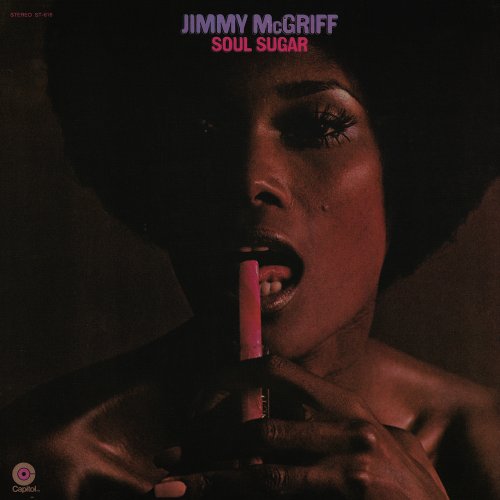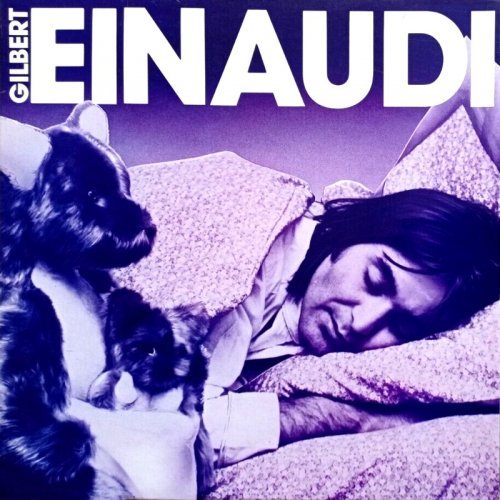John Mark Ainsley, Tasmin Little, Richard Hickox - Finzi: In Years Defaced, Violin Concerto, Prelude, Romance (2001)
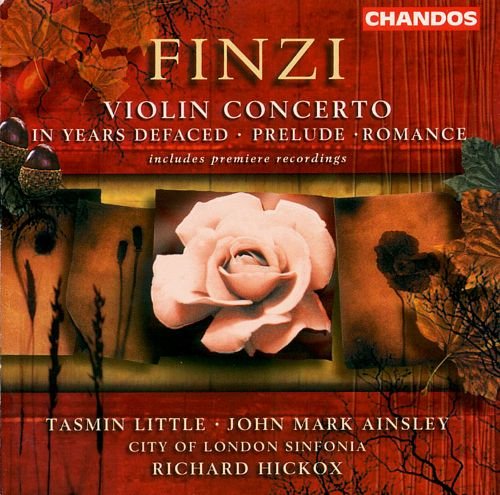
Artist: John Mark Ainsley, Tasmin Little, Richard Hickox
Title: Finzi: In Years Defaced, Violin Concerto, Prelude, Romance
Year Of Release: 2001
Label: Chandos Records
Genre: Classical
Quality: FLAC (image+.cue,log,scans)
Total Time: 54:34
Total Size: 247 Mb
WebSite: Album Preview
Tracklist: Title: Finzi: In Years Defaced, Violin Concerto, Prelude, Romance
Year Of Release: 2001
Label: Chandos Records
Genre: Classical
Quality: FLAC (image+.cue,log,scans)
Total Time: 54:34
Total Size: 247 Mb
WebSite: Album Preview
Gerald Finzi (1901–1956)
[1]-[6] In Years Defaced
Six songs by Gerald Finzi, arranged for voice and orchestra
by the composer, Judith Weir, Anthony Payne, Colin Matthews, Christian Alexander and Jeremy Dale Roberts
[7] Prelude, Op. 25
for string orchestra
[8] Romance, Op. 11
for string orchestra
[9]-[11] Concerto for Small Orchestra and Solo Violin
Performers:
John Mark Ainsley tenor ([1]-[6])
Tasmin Little violin ([9]-[11])
City of London Sinfonia
Richard Hickox
Much worthy English music issues from the atéliers of minor talents and has a cottage or "small beer" quality. Of course "small beer" (locally brewed) can put the grand variety to shame, and so too in music, where dedication within limitation can produce work of exceptional beauty and character. John Ireland is one such (a miniaturist extraordinaire); Gerald Finzi (1901-1957) is another. Finzi, although of Italian-Jewish extraction, was London-born and in many ways more English than his teacher Ralph Vaughan Williams. Finzi's best-known work, the "Fantasia" for male voice and strings on texts by Thomas Traherne, "Dies Natalis" (1939), has appeared now and then on records and belongs within the knowledge of those who make a place for English composers. It displays its author's strong points - felicitous writing for the voice, a preference for homogeneous accompaniment (string orchestra), employment of fluid polyphony, and a spaciousness in the sound. Finzi occasionally wrote large, as in his setting of Wordsworth's "Ode: On Intimations of Immortality" (1950) for tenor solo, chorus, and orchestra; or in his Cello Concerto (1955). Oftener, he could not quite execute his own ambitions and a projected big work would appear as separate, smaller offerings. The lovely, Bach-like "Eclogue" for Piano and Strings (1956) represents what remains of a forecast piano concerto, never fulfilled. Likewise and for a long time the "Introit" (1925) for Violin and Small Orchestra, also Bach-like in character, betokened fragmentarily an intended "Concerto for Small Orchestra and Violin." A "reconstruction" of this Concerto forms the cynosure of the program on the new Chandos disc, the producers having restored the two outer movements, suppressed by Finzi after an early performance, for the purpose. Once Finzi fashioned his voice, in the mid-1920s, it never really changed. The original stand-alone "Introit" sounds remarkably like the stand-alone "Eclogue" of thirty years later - but this is not a complaint. The duty of the soloist in all three movements of the Concerto is to levitate his vocally-inflected line above the quiet accompaniment of the chamber orchestra; he must hover, not quite as ecstatically as the lark in RVW's 1914 masterpiece, but with equal serenity. The Finale consists of a Howells-like hornpipe, quite jolly. Hints of English folksong make themselves felt. This is not surprising as the Concerto comes from only a year later than Finzi's first preserved effort, the idyllic "Severn Rhapsody," modeled in turn on similar evocations of genius loci by RVW and Gustav Holst. The Concerto's closest kin might in fact be Holst's Double Concerto, also from the mid-1920s, although the Holst work is more robust than the Finzi, the Finzi more sweetly lyrical than the Holst. Tasmin Little brings an appropriately delicate manner to the solo execution. The other major work on the program also happens to be a "reconstruction," made in this case by transferring a half-dozen Finzi songs from their original keyboard settings to the orchestra, each arrangement having been undertaken by a different composer. (One of the arrangements is by Finzi himself.) The resulting vocal cycle is called "In Years Defaced." The arrangers are: Judith Weir, Anthony Payne, Colin Matthews, Christian Alexander and Jeremy Dale Roberts - who have managed individually and convincingly to recreate Finzi's usual ensemble texture (mainly strings with a few winds for color). Mark Ainsley sings tenor. The "Prelude" and the "Romance," both for string orchestra, have circulated previously in a number of recordings, most recently on a Nimbus 2CD set. They contribute worthily to the English genre of music for strings, being very beautiful, almost retiring in their quietness and modesty. Richard Hickox leads the City of London Sinfonia. Recommended, to aficionados of Finzi especially, but also to lovers of English music.
![Neon Ion - Laugh Now, Cry Later (2026) [Hi-Res] Neon Ion - Laugh Now, Cry Later (2026) [Hi-Res]](https://www.dibpic.com/uploads/posts/2026-01/1769524864_folder.jpg)
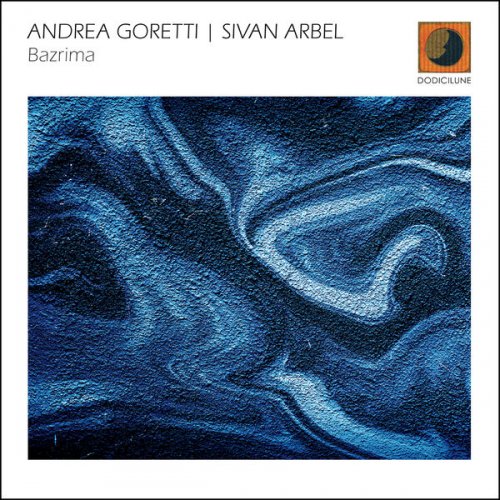
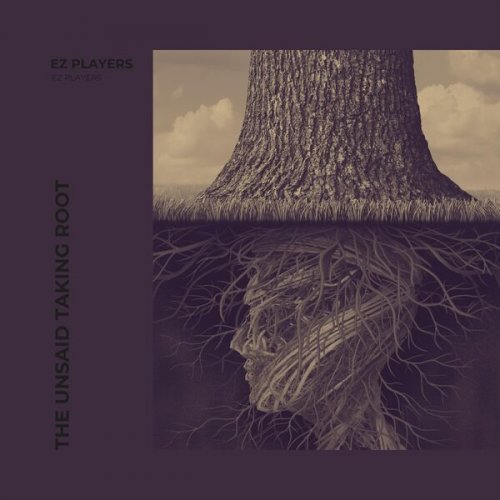
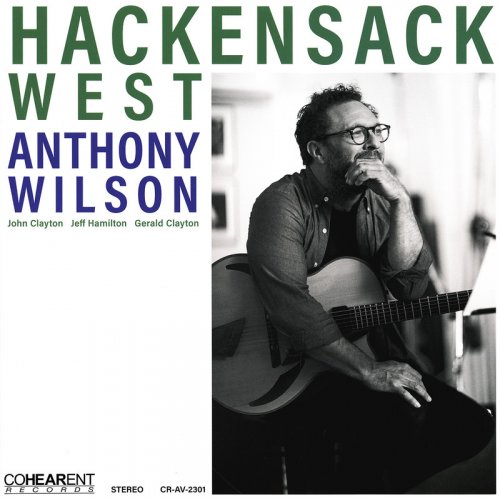
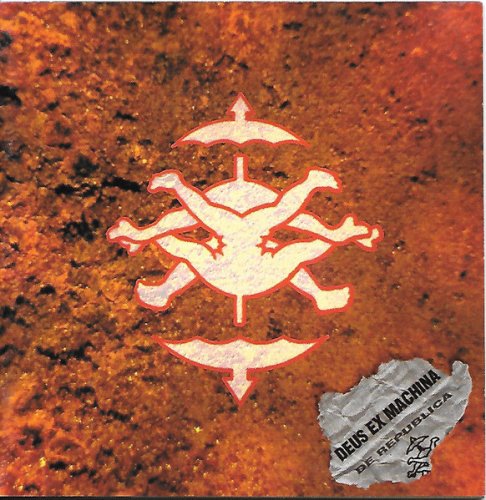
![Makoto Ozone - For Someone (2026) [Hi-Res] Makoto Ozone - For Someone (2026) [Hi-Res]](https://img.israbox.com/img/2026-01/25/to73l8ebxojw7ngwctdtfpoiw.jpg)
